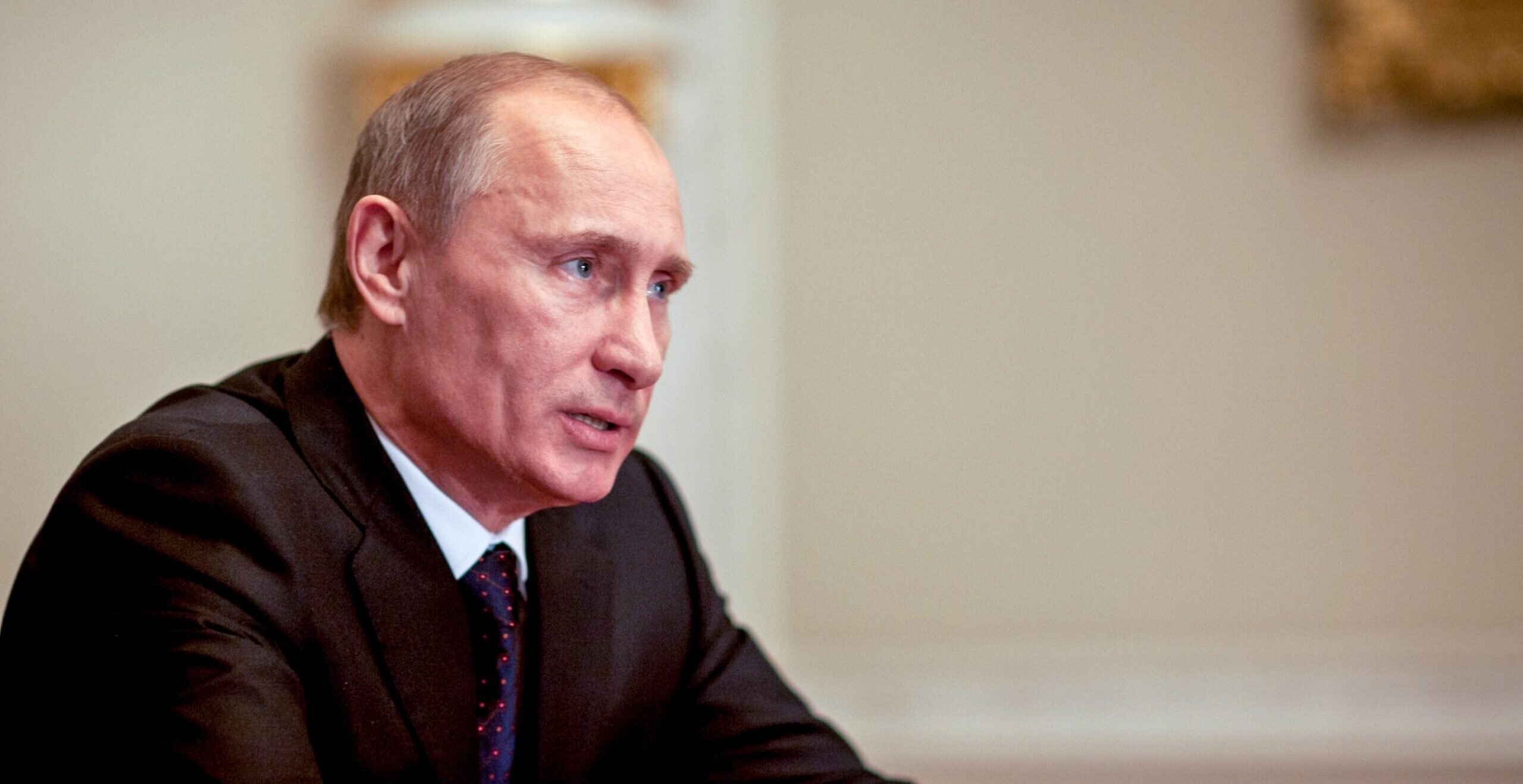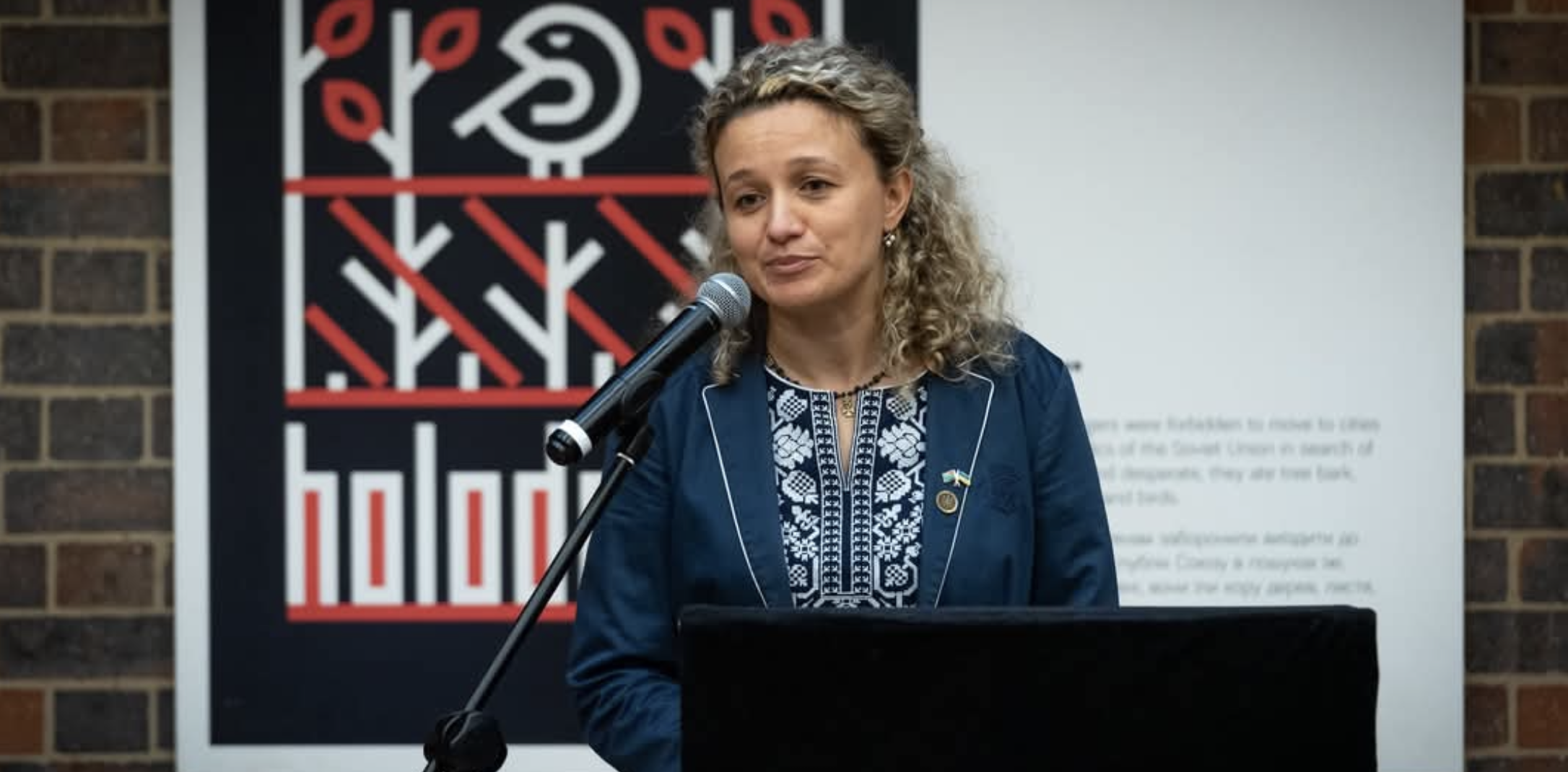
In a column for The Atlantic, the American-British journalist and author Anne Applebaum says that Ukraine must form stable systems, institutions, and rules to defeat Russia. The volunteerism and chutzpah that helped Kyiv survive the first two years of the war are now insufficient.
“Two years ago, in the weeks that followed the full-scale invasion, ordinary people pitched in to buy night-vision goggles, the managers of chic bistros mobilized to feed troops, men drove their children to the border and then went home to fight in the territorial army. Now the volunteerism, chutzpah, and wild energy that carried the army and the society forward for the past two years have to be transformed into systems, institutions, and rules. Ukraine needs not just the most enthusiastic army, but the best-managed. Ukraine needs not just clever engineers who build innovative sea drones, but the most modern defense industry in Europe, if not the world. Finally, Ukraine’s government needs to eliminate any remaining corruption and mismanagement – and convince its allies that it has done so as well,” Applebaum writes.
Applebaum drew such conclusions after meeting with Ukraine’s Minister of Defense, Rustem Umerov. Currently, Umerov, who took office after a series of corruption scandals in the Defense Ministry, is to provide the Ukrainian military with everything it needs and combat inefficient use of resources.
“Ukraine needs everything, all the time: artillery rounds, winter shoes, F-16s. Prioritizing the army’s needs, translating that into concrete purchases and coordinating with both Western companies and Ukraine’s growing defense industry is a complicated managerial problem that needs more than one solution,” Applebaum writes.
The Minister of Defense plans to establish supply with systemic solutions – for example, 10-year contracts that will help domestic and foreign companies prepare for the long term.
“When talking about these changes, he makes frequent reference to “OECD rules” and “NATO standards.” He also talks about “systems” and “transparency.” These are not buzzwords. Ukraine’s continued existence depends on making them mean something real,” Applebaum writes.
Another main task for Ukraine is mobilization. The Ministry of Defense seeks to change the paradigm of joining the military.
“He wants to change the tone of the conversation: “This is not a punishment,” he says of military service. “It’s an honor.” But everyone is afraid of the unknown, he told me, and right now military service involves a lot of unknowns. “People should understand how they will be trained, how they will be fed, how they will be taken care of during the operation. And then how they will exit.” The details are still a matter of debate, but he wants to end the uncertainty, negotiate new rules with the military and with Parliament, create a national military-service database and then give all military-age citizens a clear set of options,” the journalist writes.
None of these tasks is easy, but the fate of Ukraine and other countries that Russia may threaten depends on adopting these decisions, says Applebaum.
“Ukraine’s battle against Russia has always been a civilizational clash, between an open society and a closed one, a rule-of-law society and a dictatorship. Ukrainians are still betting that their version of democracy is not just more attractive than Russian autocracy but more effective,” Applebaum concludes.
Read the full text of the column at the link.
Cover: James Kegley










